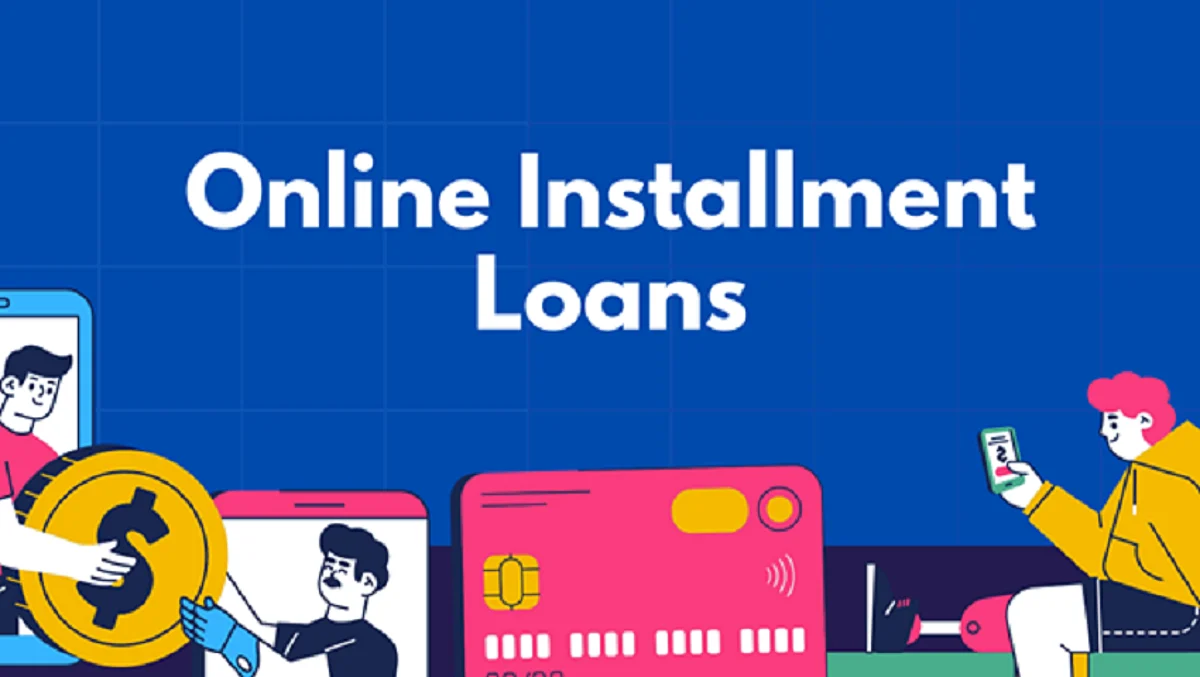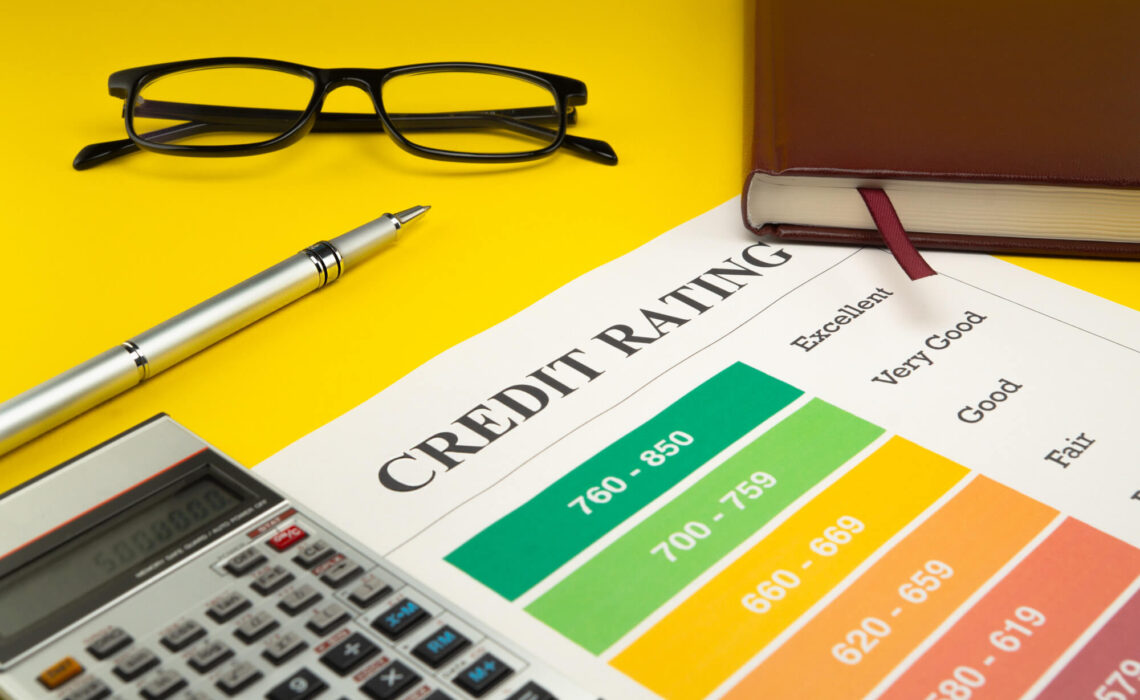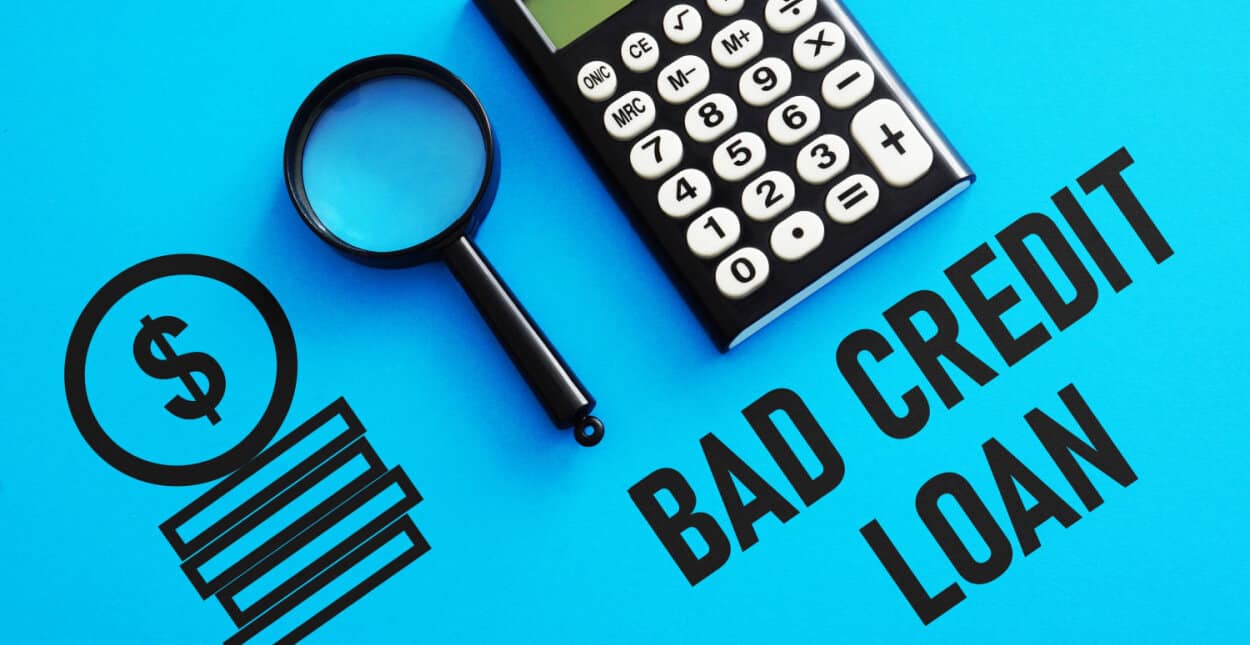Guaranteed Loans For Bad Credit Direct Lender

The promise of quick cash dangled before those with bruised credit histories can be alluring. However, the landscape of "guaranteed loans for bad credit direct lenders" is often fraught with peril, demanding careful navigation to avoid financial pitfalls. Desperate borrowers, seeking a lifeline, frequently stumble upon offers that appear too good to be true, and regrettably, they often are.
This article delves into the complex world of guaranteed loans for bad credit offered by direct lenders, examining the realities behind the marketing hype. We will explore the inherent risks, the potential benefits (if any), and provide practical advice for consumers seeking financial assistance while safeguarding themselves from predatory lending practices. Understanding the nuances of these loans is crucial for making informed decisions and protecting one's financial well-being.
The Allure and the Reality of "Guaranteed" Approval
The phrase "guaranteed approval" is a powerful marketing tool, particularly for individuals with low credit scores who have been repeatedly denied traditional loans. Direct lenders who use this terminology often attract those in urgent need of funds, promising access to credit regardless of their financial past.
However, the reality is that no legitimate lender can truly guarantee approval without conducting some form of credit assessment. The term "guaranteed" often masks other factors, such as high interest rates, short repayment terms, and hefty fees.
According to the Consumer Financial Protection Bureau (CFPB), promises of guaranteed approval should be viewed with extreme skepticism. Responsible lenders will always assess a borrower's ability to repay a loan, taking into account factors like income, existing debts, and credit history.
"Be wary of lenders that advertise 'no credit check' or 'guaranteed approval,' especially if you have bad credit. These offers can be scams or have very high interest rates and fees."
Understanding Direct Lenders and Their Role
Direct lenders are financial institutions that provide loans directly to borrowers, without the involvement of intermediaries like brokers. This direct interaction can streamline the application process and potentially offer faster funding.
However, it's essential to differentiate between reputable direct lenders and those who engage in predatory lending practices. Predatory lenders often target vulnerable populations with deceptive marketing, exorbitant interest rates, and unfair loan terms.
Reputable direct lenders, even those specializing in bad credit loans, will adhere to federal and state regulations, including those related to interest rate caps and disclosure requirements. They will also be transparent about the loan terms and conditions, allowing borrowers to make informed decisions.
The Dangers of High Interest Rates and Fees
One of the most significant risks associated with guaranteed loans for bad credit is the potential for extremely high interest rates and fees. Because borrowers with poor credit are considered higher risk, lenders often compensate by charging significantly higher rates than those offered to borrowers with good credit.
These high rates can quickly spiral out of control, making it difficult for borrowers to repay the loan. The Pew Charitable Trusts has conducted extensive research on small-dollar loans, highlighting the devastating impact of excessive interest rates and fees on borrowers' financial stability.
"High-cost loans often trap borrowers in a cycle of debt, where they repeatedly borrow to cover existing debts and fees."
In addition to high interest rates, borrowers may also be charged application fees, origination fees, late payment fees, and prepayment penalties. These fees can significantly increase the overall cost of the loan and make it even more difficult to repay.
Identifying Reputable Direct Lenders
Navigating the landscape of direct lenders requires careful research and due diligence. Here are some steps borrowers can take to identify reputable lenders:
Check for Licensing and Accreditation
Ensure the lender is licensed to operate in your state. State licensing provides a level of oversight and helps ensure the lender adheres to consumer protection laws.
Read Reviews and Check Ratings
Look for online reviews and ratings from reputable sources, such as the Better Business Bureau (BBB). Pay attention to both positive and negative reviews, and be wary of lenders with a pattern of complaints.
Compare Loan Terms and Conditions
Obtain loan offers from multiple lenders and compare the terms and conditions carefully. Pay close attention to the interest rate, repayment term, fees, and any other charges.
Verify Contact Information
Make sure the lender has a valid physical address and phone number. Be wary of lenders who only operate online or who use generic email addresses.
Beware of Upfront Fees
Avoid lenders who require upfront fees before approving a loan. Legitimate lenders typically deduct fees from the loan proceeds.
Alternatives to Guaranteed Loans
Before resorting to a guaranteed loan with potentially high interest rates and fees, consider exploring alternative options:
Credit Counseling
Non-profit credit counseling agencies can provide free or low-cost financial advice and assistance with debt management.
Secured Loans
Consider a secured loan, such as a home equity loan or a car title loan. These loans are backed by collateral, which may allow you to qualify for a lower interest rate.
Personal Loans from Banks or Credit Unions
While approval may not be guaranteed, banks and credit unions may offer personal loans with more favorable terms than those offered by direct lenders specializing in bad credit loans.
Borrowing from Friends or Family
If possible, consider borrowing money from friends or family. This can be a more affordable option than taking out a loan from a lender.
Conclusion: Proceed with Caution
The promise of "guaranteed loans for bad credit direct lenders" can be enticing, but it's crucial to approach these offers with caution. While these loans may provide access to funds for those with limited credit options, they often come with high interest rates, fees, and the potential for a cycle of debt. Always research lenders thoroughly, compare loan terms carefully, and consider alternative options before committing to a loan. Prioritizing financial literacy and seeking professional advice can empower borrowers to make informed decisions and protect their financial well-being.


















